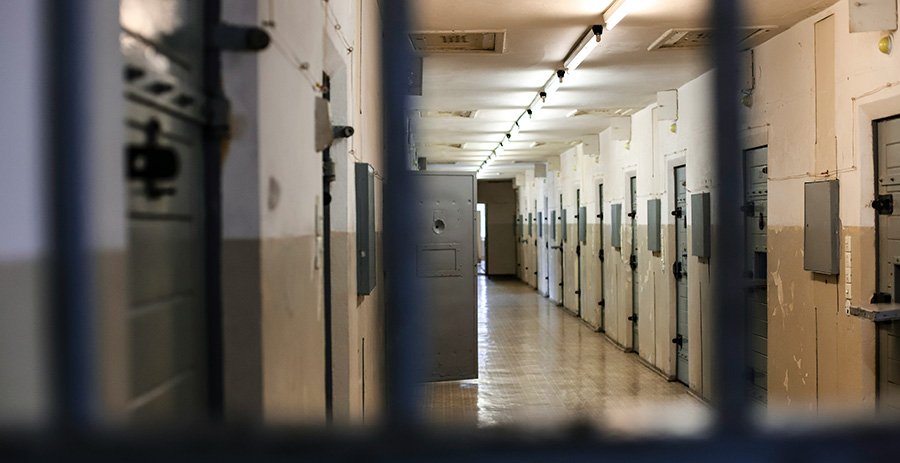Business
Department of Corrections Declares No Need for Extra Oversight Following Two Years of Enhancements

The Arizona Department of Corrections, Rehabilitation and Reentry (ADCRR) is defending its handling of prison health care amid ongoing legal challenges. Following a series of reports indicating subpar medical treatment for inmates, the department claims its investments in staffing and care improvements negate the need for a court-appointed receiver to oversee its health care system.
Plaintiffs in a longstanding class action lawsuit against the ADCRR filed a motion seeking a receiver after court-appointed monitors criticized the agency for continued inadequate care, leading to unnecessary inmate deaths. The ADCRR maintains that the situation has improved since a permanent injunction was issued by the court in April 2023, which mandated enhancements in both physical and mental health care.
“Appointing a receiver would likely impede the progress being made,” said John Bullock, an attorney representing ADCRR. He emphasized that a new oversight structure would slow improvements, deterring the ongoing reforms that have reportedly enhanced the quality of care and increased funding.
Since the injunction was implemented, ADCRR claims it has achieved notable gains, including a 61.5% rise in full-time health care staff and significant increases in mental health personnel and physicians. The department also expanded mental health residential treatment capacity by 200 beds and increased its special needs and inpatient care units by 66% since October 2023.
Despite these claims, attorneys representing the American Civil Liberties Union of Arizona and other organizations argue that the ADCRR’s changes have not effectively met compliance standards. They criticized the department’s dismissive stance, suggesting it downplays ongoing failings and relies on anecdotal evidence to support its assertions of progress.
In a detailed response, Bullock presented financial figures asserting that the ADCRR has invested heavily in health care, with spending reaching $255 million in the first seven months of the current fiscal year, surpassing expenditures from the previous year prior to the injunction. However, he warned that appointing a receiver could lead to a tripling of the current budget, which he deemed unnecessary at this stage.
Bullock acknowledged the court’s frustration with the pace of change but contended that a receiver would not yield rapid improvements. He referenced California’s experience under receivership, noting the long-term costs involved, adding, “The Department continues to make progress across all aspects of the Injunction, and the Department’s work should be permitted to continue.”
The plaintiffs, led by attorney Rita Lomio, contest the department’s assertions, arguing that financial investment alone is insufficient. “It’s not about the amount of money; it’s about the outcomes,” she stated, promising a thorough analysis of the ADCRR’s arguments before filing a rebuttal.
The court has scheduled a status hearing for March 25, where further discussions on the potential for a receiver and the state of the prison health care system will occur. The plaintiffs’ response to the ADCRR’s claims is expected by March 18.


















